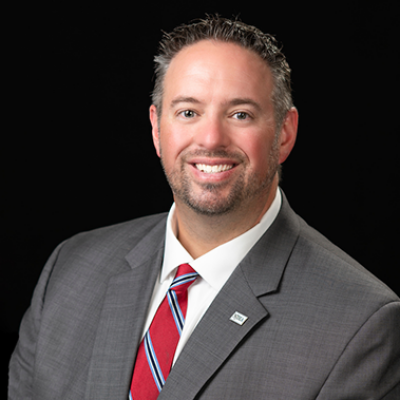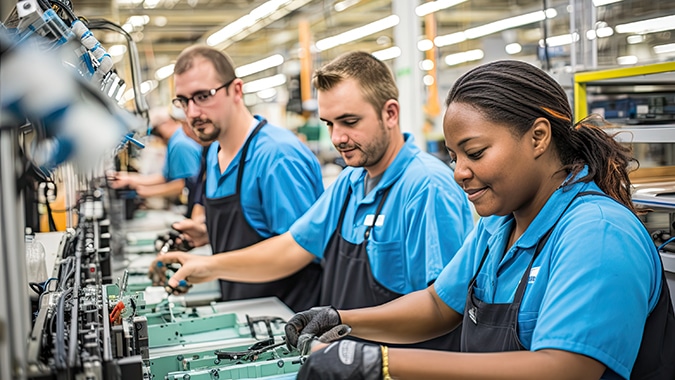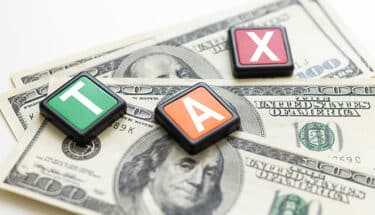When the governor and legislative leaders announced an agreement to raise New Jersey’s income tax rate on millionaires, many in the business community asked, why now? NJBIA, among others, argued that businesses could ill-afford tax increases after months of little to no revenue because of the health emergency.
The chairwoman of the Assembly Budget Committee attempted to answer that question at NJBIA’s Government Affairs Policy Committee meeting this morning.
Assemblywoman Eliana Pintor Marin said this year’s budget takes into consideration what may happen to New Jersey’s finances if the pandemic continues into the next calendar year. While the millionaires tax may need to be revisited in the future, it was necessary now to ensure the state has resources to combat the pandemic until it is over.
“We’re all very concerned what the winter months will bring, starting in November and going through the holiday season,” she said. A surge in coronavirus cases could trigger a reversal of the reopening policies that have been adopted through the beginning of September or even another stay-at-home order, which would impact revenues for the FY 2022 budget in July.
Gov. Phil Murphy, Senate President Steve Sweeney and Assembly Speaker Craig Coughlin last week agreed to increase the state’s gross income tax rate on income between $1 million and $5 million from 8.97% to 10.75%. The funding will be used to pay for a new benefit program: a tax rebate of up to $500 for married couples with at least one dependent child and less than $150,000 annual income. Single taxpayers with one dependent child would qualify for a rebate if annual income doesn’t exceed $75,000.
Pintor Marin noted a number of the governor’s other tax proposals would likely not be included in the final budget document, including his proposed 5% tax on certain Qualified Business Income for small businesses.
Revenues from the millionaires tax, along with increasing and extending the 2.5% surcharge on corporate taxes permanent, would help provide resources for hospitals and health facilities should they have to deal with a second wave of coronavirus infections as the weather cools.
The tax increases come on top of $4 billion in borrowing for operating expenses, which will add millions of dollars in mandatory debt service payments to future budgets, and an unnecessarily inflated budget surplus of more than $2 billion, a record high for the state.
NJBIA has argued that thousands of small businesses are fighting for their very survival and should not be hit with a new tax to their income, especially when it will be used to pay for new programs.
Pinto Marin said the speaker wanted to make middle-class citizens get something if the state increased the income tax.
The proposed state budget and the related tax increases are expected to be taken up by the budget committee tomorrow, Pintor Marin said, and could receive votes in the full Assembly on Thursday. The budget needs to be in place by Oct. 1, when the state’s new fiscal year officially begins.





